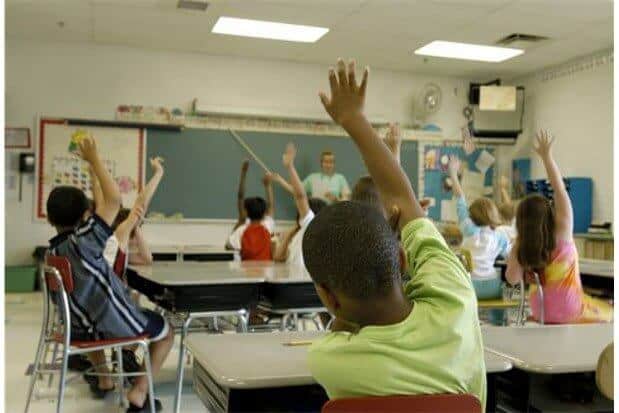One of the best ways to find out how teachers can improve their teaching is to ask them. The massive Teaching and Learning International Survey (TALIS) did just that and the answers offer crucial insights for teachers, school leaders and policymakers, according to a Boston College expert in teacher education.
U.S. teachers continue to work largely in isolation, reporting they engage less often in collaborative efforts viewed as beneficial to both teachers and students, according to TALIS, a 34-country survey of 100,000 teachers and principals conducted by the Organization for Economic Cooperation and Development in 2013.
“TALIS is teaching us the value of professional collaboration among teachers in terms of its benefits for both students and teachers, but we need to know more about what kinds of collaboration are more effective than others,” said Lynch School of Education Thomas More Brennan Professor Andrew Hargreaves, part of an American Educational Research Association annual meeting panel examining TALIS today.
Fifty-three percent of U.S. teachers reported they never teach with a colleague in the same classroom, compared to 42 percent of the international sample. Half of U.S. teachers report they rarely observe their peers teaching or provide feedback to colleagues.
Approximately 42 percent of U.S. teachers report they never undertake joint projects across classes or grade levels, compared to just 22 percent of teachers internationally.
“TALIS evidence on the U.S. shows that high numbers of teachers are experiencing the impact of accountability for results but insufficient support to work together so they can achieve those results,” said Hargreaves, recipient of the 2015 Grawemeyer Award in Education with co-author Michael Fullan for their book Professional Capital: Transforming Teaching in Every School (2012, Teachers College Press).


